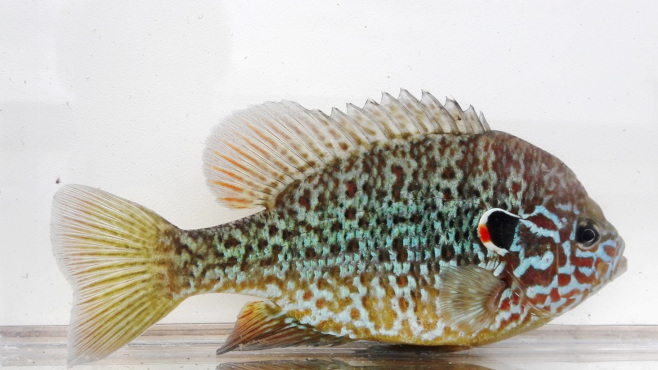New species added to the list of invasive alien species of Union concern

The EU Member States made a joint decision last week to add more species to the list of invasive alien species of Union concern. With the decision, the list, which previously consisted of 49 species, now contains 66 species whose import, sale, breeding, use and release into the environment is prohibited throughout the EU.
The new plant species added to the list are coojong wattle (Acacia saligna), tree of heaven (Alianthus altissima), broomsedge bluestem (Andropogon virginicus), balloon vine (Cardiospermum grandiflorum), purple pampas grass (Cortaderia jubata), perennial veldtgrass (Ehrharta calycina), Senegal tea plant (Gymnocoronis spilanthoides), Japanese hop (Humulus japonicus), Japanese climbing fern (Lygodium japonicum), Chinese bushclover (Lespedeza cuneata), mesquite (Prosopis juliflora), giant salvinia (Salvinia molesta) and Chinese tallow (Triadica sebifera). The new animals added to the list are two new fish species, pumpkinseed (Lepomis gibbosus) and striped eel catfish (Plotosus lineatus); one bird, the common myna (Acridotheres tristis); and the New Zealand flatworm (Arthurdendys triangulatus).
The restrictions and bans concerning the new species will enter into force during this summer. Once they have entered into force, imports of these species will be prohibited and existing stocks must generally be destroyed. Companies may, however, continue to sell the species for use in research or the manufacture of medicine for a period of two years with a special permit. The species may be sold to consumers for one year, provided that the specimens are kept and transported in a closed environment and that care is taken to ensure that they do not reproduce or escape into the wild. Once these transition periods have ended, companies may no longer keep stocks of the species.
The Act on Managing the Risks Caused by Invasive Alien Species, which entered into force at the start of 2016, applies to the species on the lists of species of EU concern and of national concern. New species were also added to the national list a few weeks ago (see Press Release 24 May 2019).
Caught pumpkinseed must not be released back into the water
Of new the species added to the EU list, the only one likely to be encountered in the wild in Finland is the pumpkinseed (Lepomis gibbosus), a species of freshwater fish. Originating in North America, the species has been released from aquariums into several ponds in Southwestern Finland, where it has produced offspring in a few locations. The pumpkinseed is an aggressive defender of its nests and a vigorous competitor for territory, which makes it a threat to native fish species and other aquatic organisms if it spreads.
The pumpkinseed’s colourful, striped and freckled body is flat on the sides with a high hump on the back. This shape, reminiscent of a pumpkinseed, is where the species gets its name. If caught, a pumpkinseed specimen is not to be released back into the water. Any sightings in the wild should be reported via the Invasive Alien Species portal or the Natural Resource Institute’s Kalahavainnot.fi fish sighting service (service interfaces and forms in Finnish).
Of the new plant species added to the EU list, the tree of heaven (Alianthus altissima) can be found in botanical gardens in Finland, while the balloon vine (Cardiospermum grandiflorum) is occasionally cultivated as a decorative plant. Japanese hop (Humulus japonicus) is sometimes sold as seeds or seedlings. Of the aquatic plants on the list, the Senegal tea plant (Gymnocoronis spilanthoides), Indian waterweed (Hygrophila polysperma) and giant salvinia (Salvinia molesta) are sometimes sold as aquarium plants. Most of the aquarium plant species that are now banned can be replaced with other, non-invasive ones.
The term ‘alien species’ refers to a plant, animal or other organism that has been introduced by humans, either intentionally or unintentionally, into a location outside of its natural area of distribution. Invasive alien species are species that threaten biodiversity, cause other harm to native species or pose a danger to health or safety. In Finland, Centres for Economic Development, Transport and the Environment are responsible for monitoring compliance with the EU Regulation on Invasive Alien Species and the List of species of Union concern, while Customs monitors compliance with the regulations on imports of the species.
Inquiries at the Ministry of Agriculture and Forestry:
Johanna Niemivuo-Lahti, Ministerial Adviser, tel. +358 29 516 2259
Pekka Kemppainen, Senior Ministerial Adviser, tel. +358 29 516 2456
Email addresses are in the format firstname.lastname@mmm.fi.



